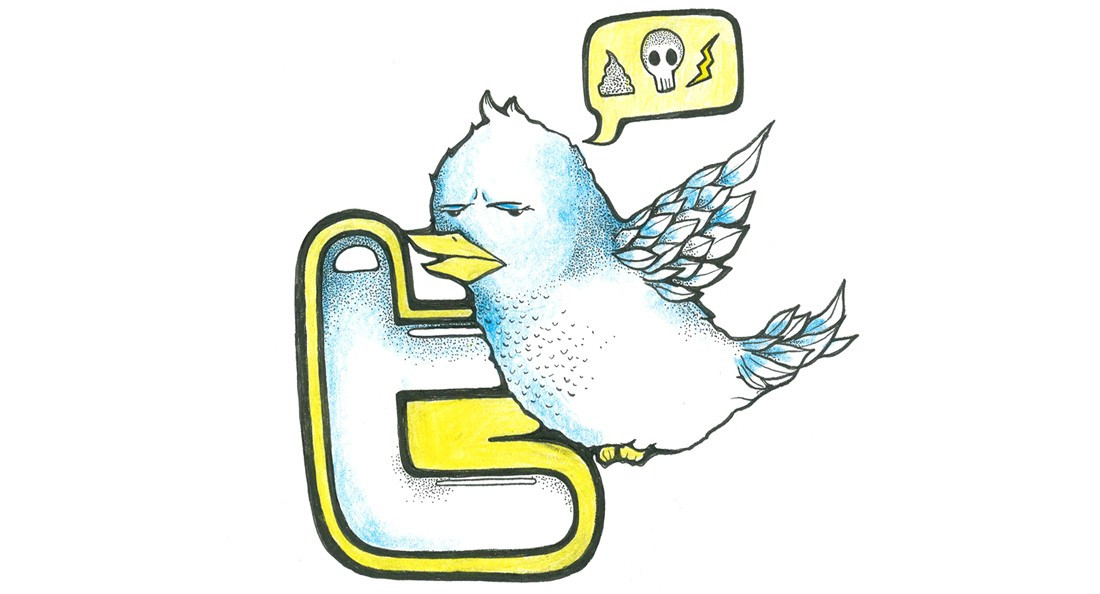Respect the pronoun
Ignorance is no longer an excuse to mock gender neutral pronouns
Recently, someone on Twitter decided to have “Zim/Zer” as fake pronouns in his bio. Based on other content he’s shared and tweeted, it’s safe to assume this is a clear mockery of gender neutral pronouns, like they, ze, zie, xe.
Respect, understanding, support and a willingness to communicate are overlooked when it comes to learning about an unfamiliar topic like gender-neutral pronouns.
Jan Adams identifies as non-binary and uses they/them pronouns, which they say helps make a political statement that factors into their identity.
“I don’t feel totally comfortable identifying as either male or female,” Adams says. “I think to use they/them pronouns in particular, it’s tapping in to a larger cultural movement for more acceptance for an understanding of non-binary people and people who use gender-neutral pronouns.”
Adams came out publicly on Facebook and says there’s two different ways people approach their identity: People who are queer, non-binary, trans and tapped into their social conscience will acknowledge their use of they/them pronouns. However, people who might be less familiar with gender non-conformity will continue to use incorrect pronouns when addressing Adams - he/him.
“In the moment (of misusing their pronouns), I don’t think it affects me at all. But then I think it’s the mind buildup of thinking about it … just the weight of that,” they say. “If large groups of people are not recognizing this, then it starts to weigh on you. Is this a valid identity? Is this a thing people can do?”
Admittedly, when a former partner of mine indicated they would like to begin using they/them as their pronouns, it took a while to get it right. Using they as a singular pronoun was a new concept, but, regardless of my feelings, it was my responsibility to give this person respect, support and understanding and to honour their pronoun choice.
“It’s just a subtle nice thing when people get it right,” Adams says. “It’s just showing that you care and that you take it seriously.”
“It’s the combination of one, you want it to be the case that people are accepting enough that you can just bring it up and not make a big deal out of it,” Adams says. “And two, you want people to actually be receptive to it, like engage with it.”
Adams says when it comes to people mocking pronouns, just “don’t be an asshole.”
“Understand that no matter what pronoun someone is using, they have put more thought into that decision than probably you could imagine,” they say.
“This is not something people do lightly … For most people, this is something that takes a lot of thought and a lot of self-recognition and coming to terms with it, and engaging with it in your own head, building up the confidence to be out in that way. It’s a lot.”
Gender and sexuality are fluid and exist on a spectrum. There are many identities beyond a male-female binary, and there are many orientations between being straight or queer. People should be able to feel comfortable and safe from mockery or bullying when exploring their identity.
“People can also, and I think should, experiment with different pronouns,” Adams says. “I also wouldn’t mock people if it seems like people change their pronouns at different times, because it can be a big thing. It can be helpful to test it out or see what it sounds like.”
Published in Volume 72, Number 19 of The Uniter (March 1, 2018)








